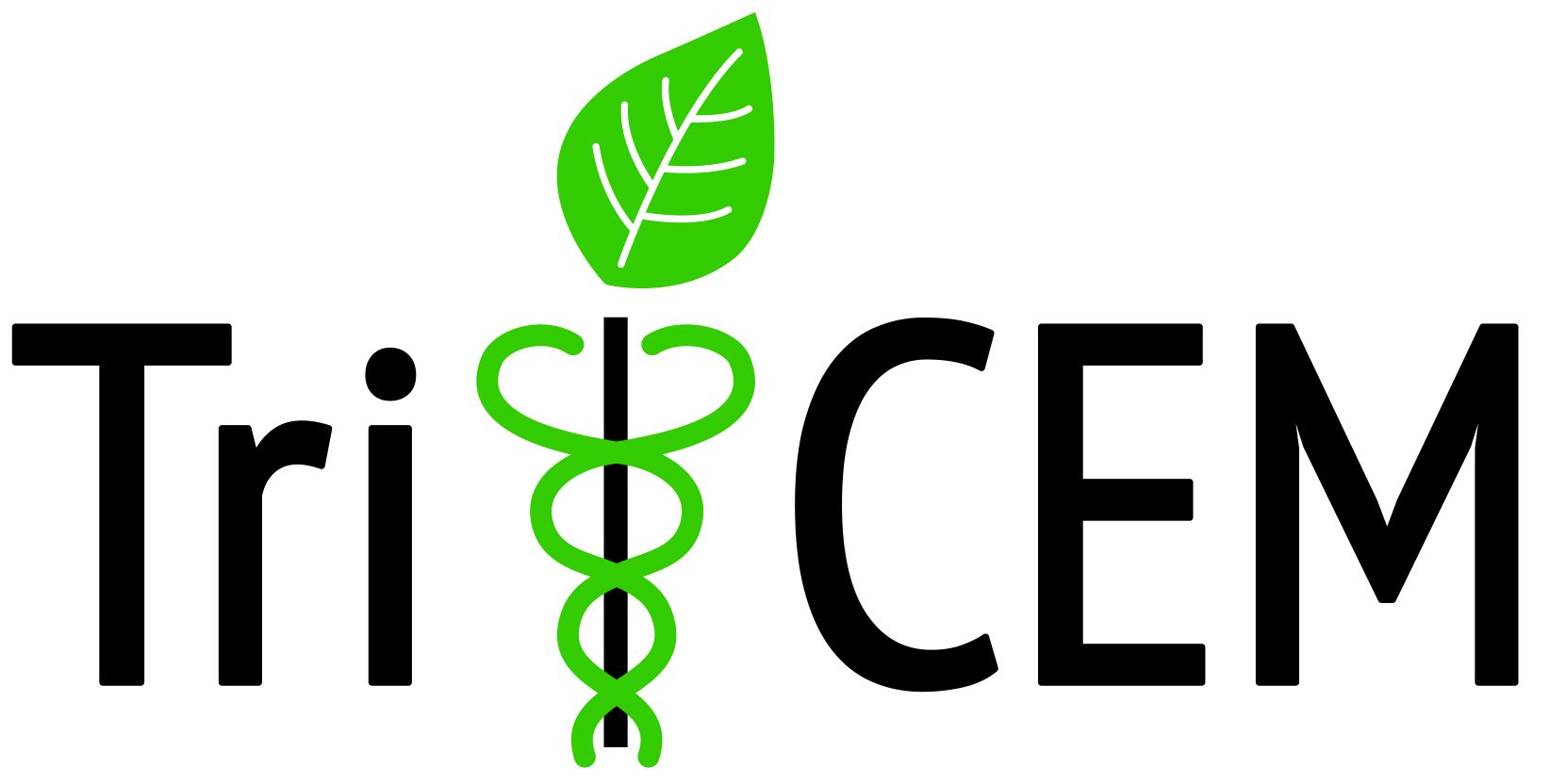PIs: Sarah Armstrong and Lawrence David (Duke)
CHDI/TriCEM Pilot Research Grant
Tracking what children eat can be hard. The typical ways we record diet, which include surveys or diaries, require kids to be familiar with reading and writing, or parents with spare time to help fill out tedious forms. These drawbacks are often hardest to overcome for children from low-income and minority families, which are also disproportionately afflicted by diseases related to nutrition, like obesity. Here, we propose a new way to track diet in kids using tools originally developed by field ecologists tracking complex animal diets. Our approach is called DNA metabarcoding and it detects residual DNA from food, which remains in human stool after digestion. In this project, we will first show that DNA metabarcoding works on humans by testing it on samples collected from volunteers eating foods under a controlled environment. Afterwards, we will apply DNA metabarcoding to samples collected from children belonging to an obesity clinic based here in Durham. Obtaining precise diet information, to date, has been hard in these kids. We will use our results to learn which foods eaten by children are most strongly linked to obesity. We will also meet with children from this study, share their DNA metabarcoding results with them, and learn how we can make these kinds of studies more appealing to join. Together, our efforts will show how tools inspired by ecologists can ultimately be used to help improve the health of children.
Publications:
Reese AT, Kartzinel TR, Petrone BL, et al. (2019). Using DNA metabarcoding to evaluate the plant component of human diets: a proof of concept. mSystems.
Public talks:
SciTech Expo at the North Carolina Museum of Natural Sciences (2021). How DNA teaches us about diet and the microbiome in kids.
| next >
